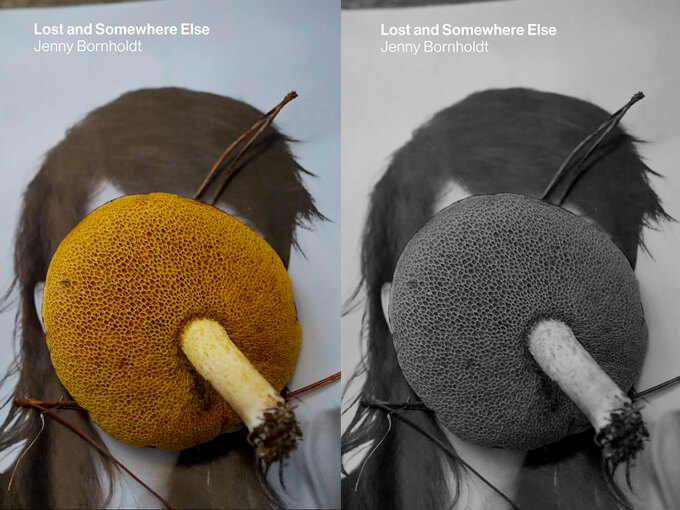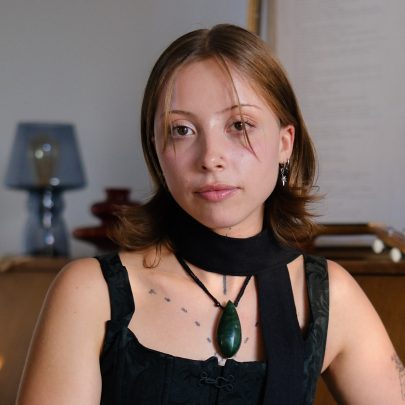Oct 30, 2019 Books
Susanna Andrew reviews the latest poetry collection by one of this country’s all-time greats.
Reading a Jenny Bornholdt poem is like swallowing the Drink Me potion Alice found in Wonderland and shrinking in size. Small things loom large: corners, cupboards, the edge of an envelope, the “toaster cord bound in red tape like a chilli”. Bornholdt’s oeuvre is so not small, though; she has written nine volumes of poetry, two children’s books, co-edited several anthologies, and her work is found abroad online and in many collections.
At the age of 45, she was the youngest person ever to be the Poet Laureate. She has been a Katherine Mansfield Fellow, an Arts Foundation laureate and is the only New Zealand poet to achieve the distinction of having had her poetry recited by an Australian prime minister in Parliament. She has won a heap of New Zealand poetry prizes and was made a member of the New Zealand Order of Merit in 2014.
If you have read some of her work you will know her poetry is deeply attuned to the chaos of life and the clarity of language — she knew mindfulness before it was an app. And in her fantastic new book, Lost and Somewhere Else, bits of stories and family lore have flown in from previous collections. I like the drift. You can recognise a Bornholdt poem because of its stark clarity of sentence and attention to detail — “the cross stitch of the garden”, “the lemon, the lesser plum”, “slug tracery on the shed” — but you can also recognise the characters.
Sited in her home and garden and in the central South Island where she resided for a year in 2018, the world turns on its axis. Weather, sky, mountains are “so seasonal it hurts”. Fitted with a cast of family and friends, this is an intense collection of poems that feels organic, earthy, whole and profound. The gentleness of deer, the pain of loss, the contemplation of existence looking at a tree “whose trunk you stroke and all its branches quiver”. I think I might love it the most of all her books.
Bornholdt’s early poems often held up the solitary moment in concrete nouns; lemons on the table, the light on the tree, they have been in contrast to a kind of terrifying nothingness. These new poems deal more directly with the dark, eyeing up death “tunnelled in the gloom” and finding not nothingness but “worms and other creatures… roots / inched their way about / found anchor / in the dark universe”. In a poem titled “Gone”, about a person dying, the line “family detonates / inside you…” is both botanical and plain (descriptors the poet uses for herself in another poem) while being necessary and devastating, or “terrifying yet natural”.
This is a book with handholds across inevitable separations. Death is “via organ smudge / and song”. It is an uplifting book full of astonishing life and life’s loveliness. The “sads” and the funnies. Joy and woe, both woven fine. Bornholdt has turned lemons into light bulbs and the moon bonny. In her true disarming style, she somehow irons out distraction and makes it perfectly easy to occupy zen-like squares of light. And this is where she stands.
Lost and Somewhere Else
Jenny Bornholdt
Victoria University Press, $25
This piece originally appeared in the September-October 2019 issue of Metro magazine.






